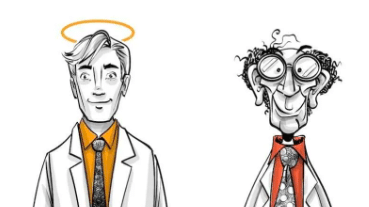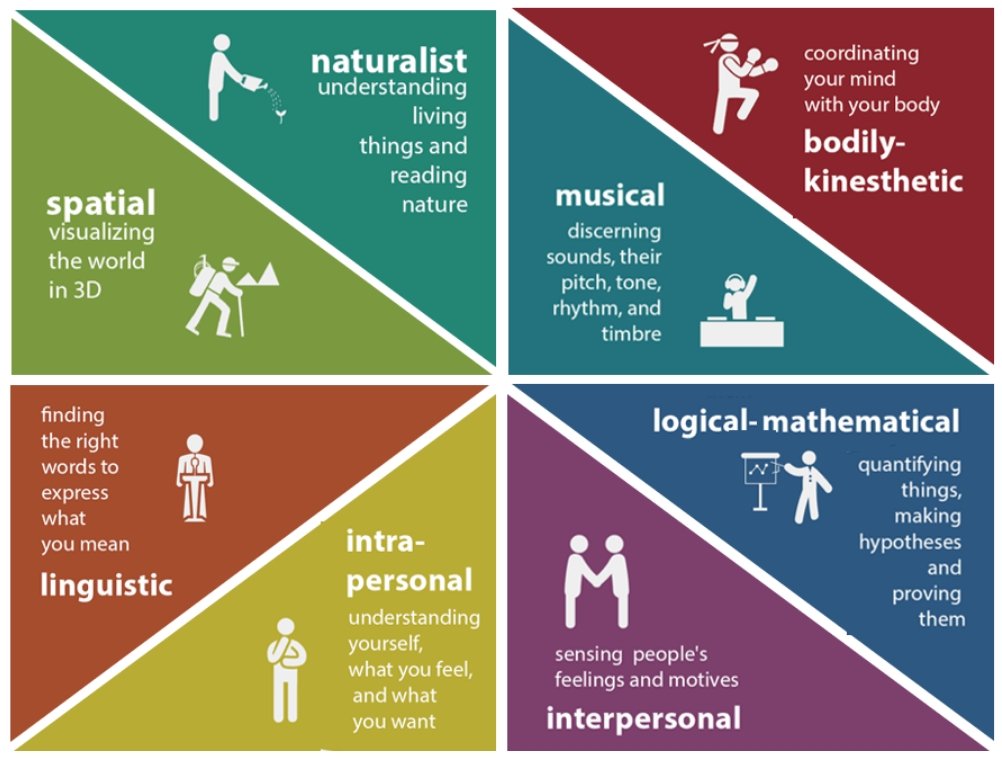How do we identify talent without degrees and standardized testing?
Here’s a question that was recently posted on a panel discussion I participated in: “If you remove standardized testing and college degrees, how do you define/recognize intelligence and aptitude?”
Nearly every business owner I know is struggling to find great people in today’s market. Identifying hidden talent and potential is like a superpower.
How do we handle this as leaders? Are college degrees and credentials a shortcut to real talent?
If it were only as finding someone with a particular degree, credential, or who went to a particular university, then it would be pretty simple, right? I’m very much pro higher education, but in many ways a degree has become a proxy for thinking. Turn off the brain, filter through a degree.
Rather, what if we think about the specific skills and capacities needed for a job, a culture, etc. and then test for that?
Standardized testing strikes out on filtering for character, unique combinations of talent (talent stack), work ethic, grit, relationship skills, tenacity, and many other factors.
Here are some thoughts and ideas on how I’ve been thinking about this challenge, and how to think outside the trappings of the status quo when it comes to identifying talent and potential in people.
The Halo Effect

A cognitive bias and blindspot
The “Halo Effect” is the name for a particular bias that strikes all of us. In short, we tend to view attractive individuals or those with particular credentials (such as a PhD or a degree from a prestigious university) in a more positive light.
“An example of the halo effect is the attractiveness stereotype, which refers to the tendency to assign positive qualities and traits to physically attractive people.
People often tend to judge attractive individuals to have higher morality, better mental health, and greater intelligence. This cognitive error in judgment reflects one’s individual prejudices, ideology, and social perception.”
Lessons from Moneyball
How do we avoid falling prey to the Halo Effect? A good lesson is from the book (and movie) Moneyball, the real life story of the Oakland Athletics baseball team. The coach said (paraphrase) “I look for the players that don’t look like star athletes. They look like average joes. They’re the ones everyone else overlooks.”
This is a great lesson for all of us.
How can we develop an eye for talent that everyone else overlooks because they were biased to look for certain characteristics?
It goes both ways. We’ve all heard the term “empty suit.” It’s a term we use for someone who has all the credentials or experience on paper but lacks substance in reality. I’ve seen business after business hire leaders with all the right credentials, only to be greatly disappointed.
Sadly, just because someone worked at a big name corporation like Coca Cola, Microsoft, Michelin, BMW, or Apple, does not mean they are a great fit for your organization. Often times this Halo Effect causes leaders to overlook contextual considerations such as values alignment, real skills fit, and aptitude for a role with an organization that may be at a very different lifecycle than the big corporation they came from (or vice versa).
Theory of Multiple Intelligences

Another limitation of standardized testing is that it only tests for a certain kind of intelligence. Dr. Howard Gardner developed a theory that there are at least 8 different types of intelligence (see illustration below).
I don’t know about you, but when I heard of the theory of multiple intelligences it immediately rang true in my experience. It’s also exciting because we don’t have to contort ourselves to fit into a particular box.
Many of you, I suspect, are running around feeling inferior because you don’t fit the traditional mold of what society has labeled as “intelligent” and yet you have extraordinary gifts that may be undiscovered, hidden, or just plain under-appreciated.
I’m personally grateful for a couple of employers early in my career who took a chance on me. They were willing to overlook my unconventional background and the fact that I was still working on my undergraduate degree. They gave me a chance, even though I didn’t look on paper like an all-star. Personally, I feel it’s my responsibility to pay that same favor forward to others.
It’s time to re-imagine what we as a society consider “intelligent” and “gifted”. I would rather we live in a world where gifts were seen as varied and unique as fingerprints, and where each was encouraged to find their own unique contribution in the world based on their gifts, passions, and unique calling.
Test for character, capacity, and values alignment
In my experience, one of the biggest mistakes organizations make is that they see someone with great credentials and fail to filter for context.
We vet for and test for character, capacity, and values alignment. This is very different, and in our experience much more effective, than just looking at a narrow lens of past experience or credentials.
It does mean you have to be actively engaged in the process, and it’s no shortcut, but it can pay off in extraordinary dividends if done effectively. It also means that you, as a leader, need to know your Purpose and core values. If you’re going to filter for alignment, it’s hard to do that unless you first know yourself.
Movement away from degree as a requirement
In all of this, there’s an exciting shift happening.
For example, Google has done away with college degree requirements even for technical roles such as computer programmers and engineers.
If computer engineers for one of the most technically advanced and innovative companies in the world don’t need a college degree, then perhaps it’s time we re-think whether or not that project manager, that designer, or that sales rep we’re searching for truly needs a college degree.
Again, I’m not against college degrees or credentials. I’ve spent a lot of money and time pursuing mine!
More and more, for those motivated and driven individuals, there are a plethora of educational opportunities that don’t involve the traditional college route.
And for leaders and employers, this is a golden opportunity to think outside the box and see potential in people that they may not even yet see in themselves.
And how rewarding is that?
Here’s a link to a panel discussion I had the privilege of participating in, with Dr. Robyn Odegaard, on this very topic.